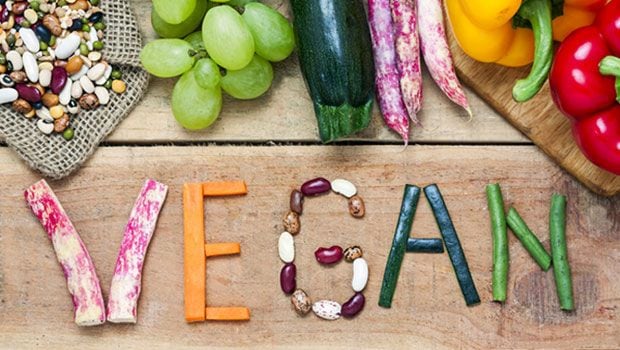It’s World Vegan Day today. World Vegan Day is an annual event celebrated on November 1 by vegans across the globe. The day aims to emphasise the benefits of Veganism – a philosophy that keeps its followers away from all kinds of animal-based products, be it in their diet, clothing or cosmetics. At the heart of this philosophy lies a deep regard for our nature and every living being. It condones cruelty towards animals and believes that mankind can derive all its nutrition from non-animal based products. India with its elaborate and much-celebrated array of non-meat based dishes is often considered a vegetarian paradise, but how does it fare for those who’ve opted for the vegan way of life. Let’s find out.

What is Veganism? People often confuse being a Vegan to the Vegetarian way of eating. Those who chose to be Vegans avoid meat, poultry and seafood, just like vegetarians, but they take this a step ahead by also refraining from consuming dairy products like milk, cream and eggs; honey or any product/by-product derived from animal/animal skin. Yes, you heard us dairy products like milk, cream, cheese, butter, dahi are also a no-no for vegans. While most vegetarians would enjoy dishes made using paneer and cream, vegans will depend on other sources of protein which will be non-animal based. The range could seem restrictive but better meal planning and a keen attention towards wholesome nutrition can make a vegan lifestyle possible. But how easy is that in a largely Lacto-vegetarian India?  Why is Veganism tough to follow in India?
Why is Veganism tough to follow in India?
To be fair, a true vegan diet is a tad tough to stick to in any part of the world and not just India. But India loves its dairy as much as it loves its non-meat based fare of veggies, fruits, dals, legumes, cereals and grains. India is amongst the top milk-producing countries in the world, and dairy products are a vital part of a typical Indian diet. No vegetarian spread is complete without at least one paneer item, a bowl of curd or raita is a common accompaniment to our meals, a tall glass of milk or lassi is one portion of nutrition every Indian mother swears by.

Apart from the limited range of options, another major challenge faced by a vegan in India (or any part of the world for that matter) is to get adequate nutrition. By ruling out all animal products and dairy, there is a chance of missing out on a large source of protein, calcium, iodine, Vitamin B12, Vitamin D, and omega 3 fatty acids. Hence, it is essential to consult with a nutritionist and have a proper diet plan before hopping on the vegan bandwagon. Bangalore based nutritionist Dr. Anju says, “ Indian population is largely non-meat based. For them the source of protein is mainly derived out of plant origin foods like dal, rajma and the likes. If paneer, milk and curd are ruled out, then to ensure there is enough protein and calcium in their diet, proper planning must be done in consultation with an expert.”
Health Practitioner and Macrobiotic Nutritionist Shilpa Arora says, “I personally don’t recommend vegan diets, as it can pose serious nutrient deficiency. However if one is to opt for vegan diet , it is highly recommended that one consumes fermented and organic vegetables like kimchi and saurakat. Water kefir and coconut kefir are also healthy options they can try. Try and consume lots of seasonal veggies especially Moringa to balance nutrition. Do consult your nutritionist before you start.
 How to be a vegan in India and not miss out on health?1. Being vegan can prove to be a little expensive as the dairy substitutes are not easily available everywhere and the ones that are available are often heavy on purse. You can substitute dairy products with soya products, which are high on protein and are more easily available. Ice creams can be replaced with fruit based gelatos.
How to be a vegan in India and not miss out on health?1. Being vegan can prove to be a little expensive as the dairy substitutes are not easily available everywhere and the ones that are available are often heavy on purse. You can substitute dairy products with soya products, which are high on protein and are more easily available. Ice creams can be replaced with fruit based gelatos.
2. For adequate calcium intake, sesame seeds, almonds, green leafy vegetables may do the trick.
3. Pick Soya milk fortified with vitamin to not miss out on your vitamin B12 intake (which is only found in dairy)
4. Coconut milk or almond milk and cashew milk can also work as other substitutes for animal milk.
5. Cook for yourself. If you can cook for yourself, it is not that hard to be a vegan, just eliminate animal based products and dairy from your cooking as much a syou can. But make sure you supplement it with other healthy substitutes.
6. Go lentil and legume heavy. Your dal chawal, and rajma chawal, sprouts are not only rich in nutrition but vegan too. Make sure you make them in vegetable oil.
7. Cottage cheese can be replaced with a good quality soya paneer. Happy World Vegan Day!
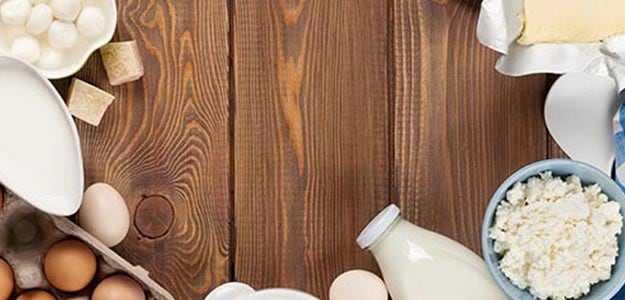
Vegans refrain from consuming dairy products like milk, cream and eggs; honey
What is Veganism? People often confuse being a Vegan to the Vegetarian way of eating. Those who chose to be Vegans avoid meat, poultry and seafood, just like vegetarians, but they take this a step ahead by also refraining from consuming dairy products like milk, cream and eggs; honey or any product/by-product derived from animal/animal skin. Yes, you heard us dairy products like milk, cream, cheese, butter, dahi are also a no-no for vegans. While most vegetarians would enjoy dishes made using paneer and cream, vegans will depend on other sources of protein which will be non-animal based. The range could seem restrictive but better meal planning and a keen attention towards wholesome nutrition can make a vegan lifestyle possible. But how easy is that in a largely Lacto-vegetarian India?
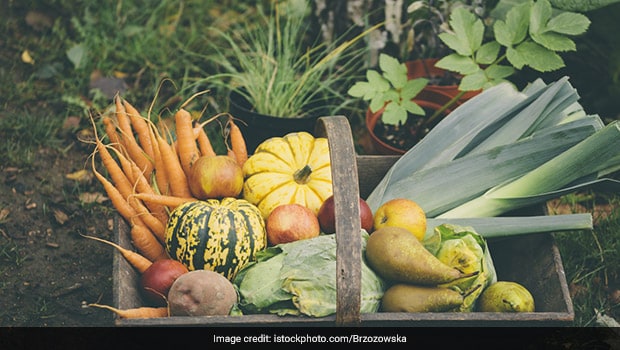
Those who chose to be Vegans avoid meat, poultry and seafood, just like vegetarians
To be fair, a true vegan diet is a tad tough to stick to in any part of the world and not just India. But India loves its dairy as much as it loves its non-meat based fare of veggies, fruits, dals, legumes, cereals and grains. India is amongst the top milk-producing countries in the world, and dairy products are a vital part of a typical Indian diet. No vegetarian spread is complete without at least one paneer item, a bowl of curd or raita is a common accompaniment to our meals, a tall glass of milk or lassi is one portion of nutrition every Indian mother swears by.
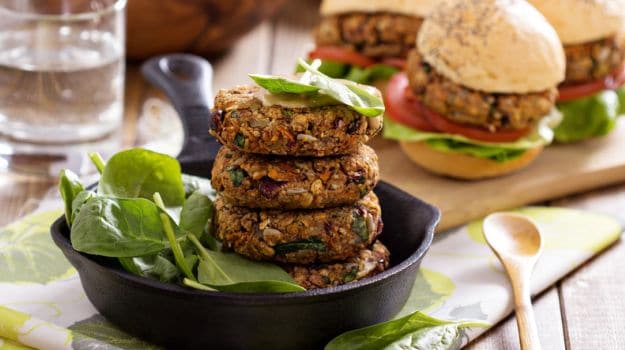
Lentil and legumes area regular fare in vegan diet
Challenges for a Vegan in India
Apart from the limited range of options, another major challenge faced by a vegan in India (or any part of the world for that matter) is to get adequate nutrition. By ruling out all animal products and dairy, there is a chance of missing out on a large source of protein, calcium, iodine, Vitamin B12, Vitamin D, and omega 3 fatty acids. Hence, it is essential to consult with a nutritionist and have a proper diet plan before hopping on the vegan bandwagon. Bangalore based nutritionist Dr. Anju says, “ Indian population is largely non-meat based. For them the source of protein is mainly derived out of plant origin foods like dal, rajma and the likes. If paneer, milk and curd are ruled out, then to ensure there is enough protein and calcium in their diet, proper planning must be done in consultation with an expert.”
Health Practitioner and Macrobiotic Nutritionist Shilpa Arora says, “I personally don’t recommend vegan diets, as it can pose serious nutrient deficiency. However if one is to opt for vegan diet , it is highly recommended that one consumes fermented and organic vegetables like kimchi and saurakat. Water kefir and coconut kefir are also healthy options they can try. Try and consume lots of seasonal veggies especially Moringa to balance nutrition. Do consult your nutritionist before you start.
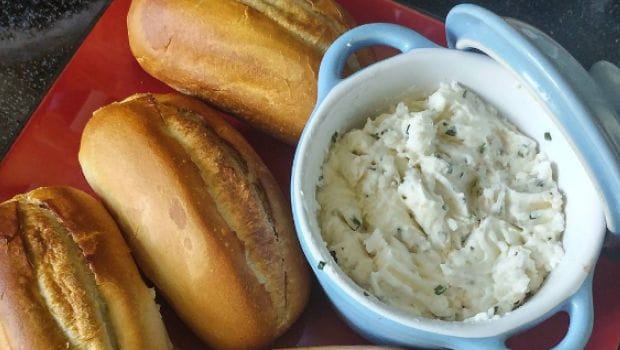
Photo Credit: Instagram/armandinescissorhands
2. For adequate calcium intake, sesame seeds, almonds, green leafy vegetables may do the trick.
3. Pick Soya milk fortified with vitamin to not miss out on your vitamin B12 intake (which is only found in dairy)
4. Coconut milk or almond milk and cashew milk can also work as other substitutes for animal milk.
5. Cook for yourself. If you can cook for yourself, it is not that hard to be a vegan, just eliminate animal based products and dairy from your cooking as much a syou can. But make sure you supplement it with other healthy substitutes.
6. Go lentil and legume heavy. Your dal chawal, and rajma chawal, sprouts are not only rich in nutrition but vegan too. Make sure you make them in vegetable oil.
7. Cottage cheese can be replaced with a good quality soya paneer. Happy World Vegan Day!
Advertisement
About Sushmita SenguptaSharing a strong penchant for food, Sushmita loves all things good, cheesy and greasy. Her other favourite pastime activities other than discussing food includes, reading, watching movies and binge-watching TV shows.







